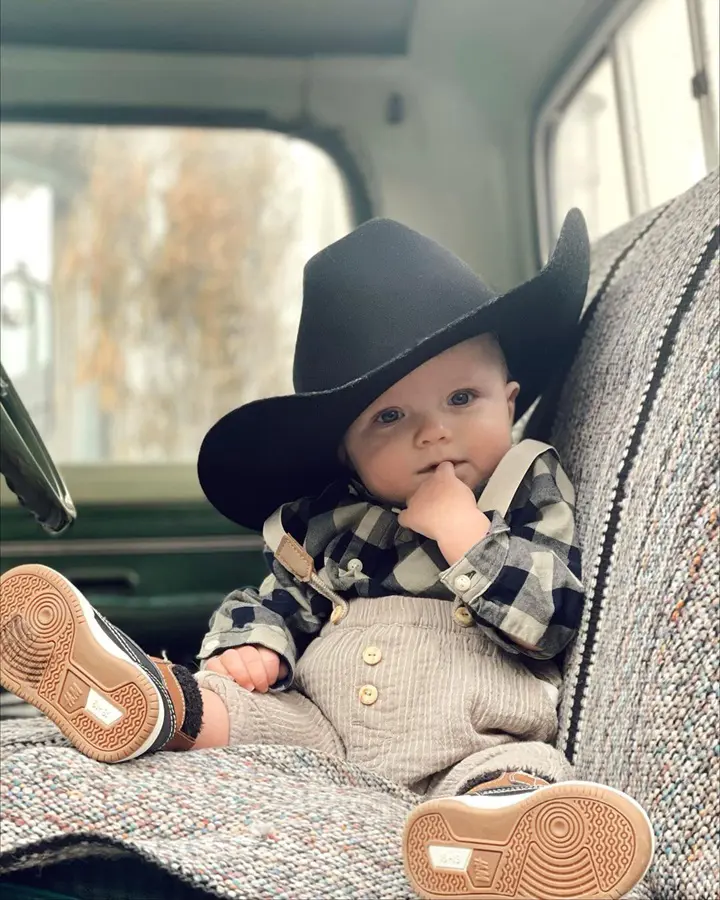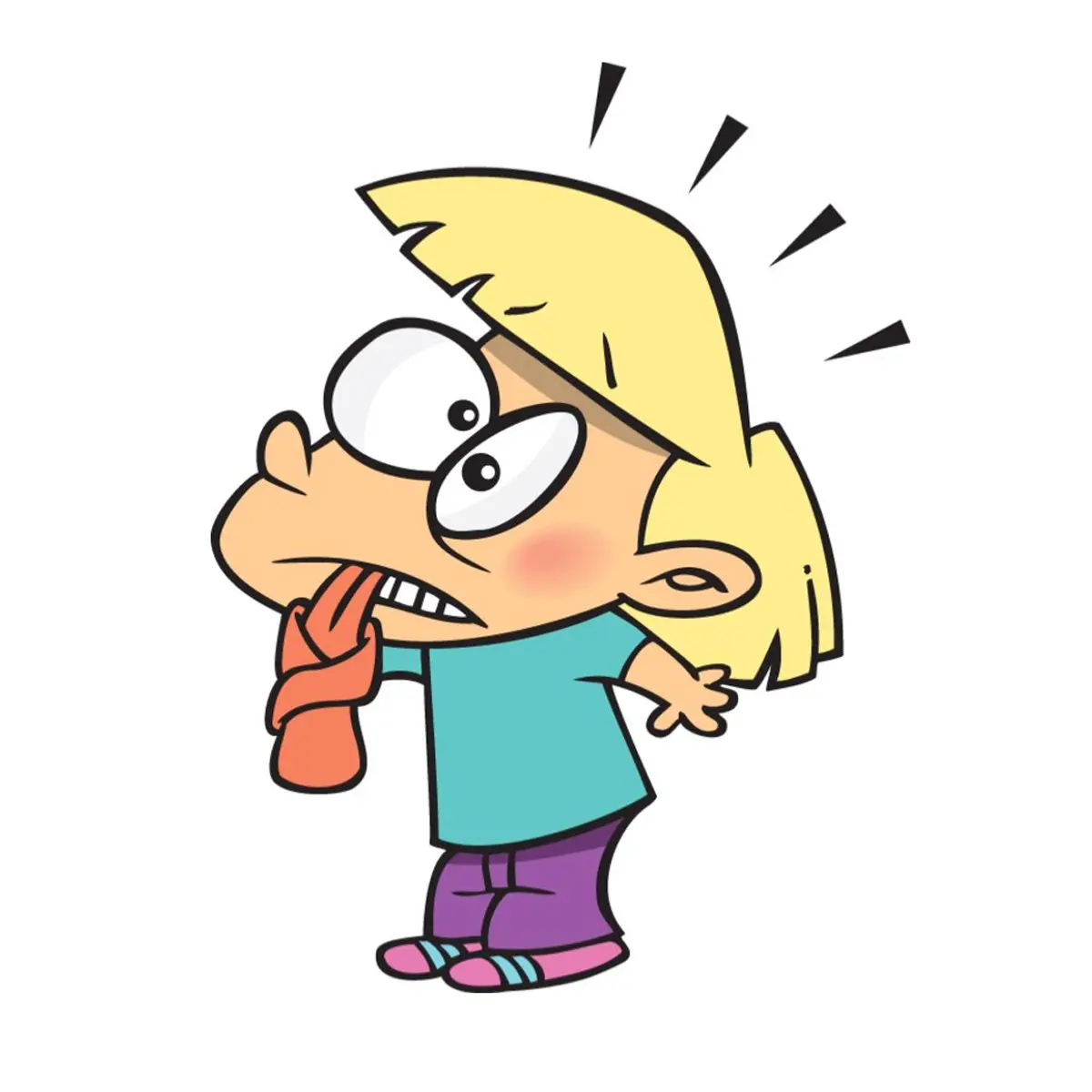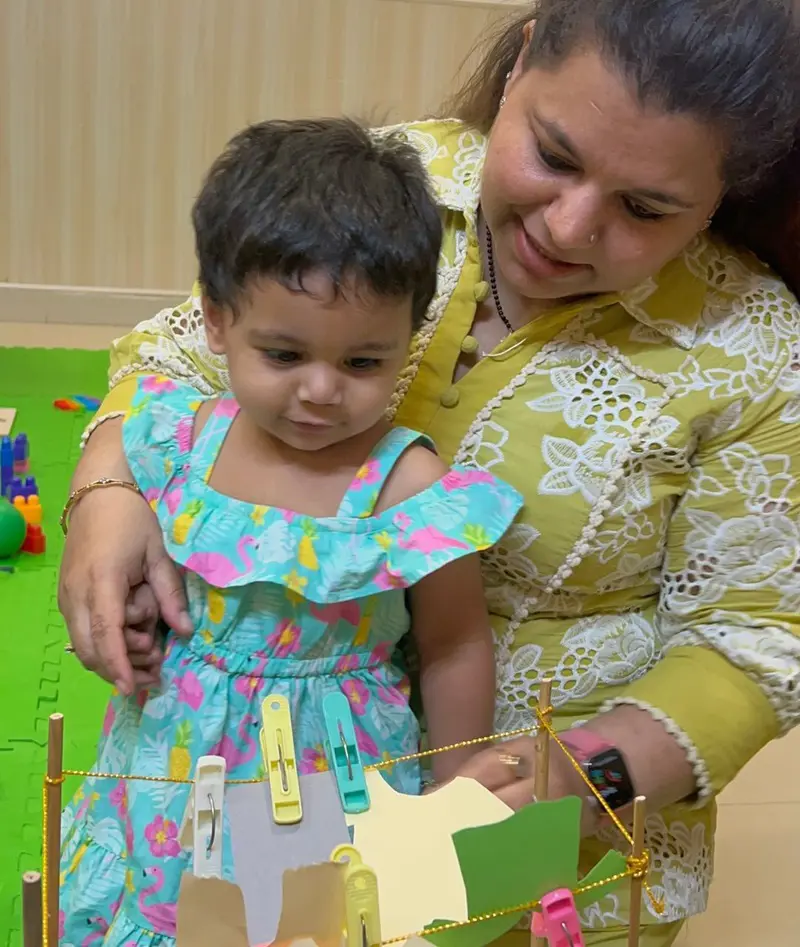Before entering the interview room, take a deep breath and remind yourself that this is your opportunity to demonstrate your leadership skills. When describing your experience in motivating teams, expect to engage the interviewers.
Learn how to tell powerful stories that show your problem-solving skills, decision-making experience, and leadership qualities. The following leadership interview questions will not catch you off-guard if you prepare adequately and have the right attitude.
1. What is your leadership philosophy?
This question for leadership interview aims at discovering much about your personal values, your leadership type, and your capacity to motivate teams. Analyzing your response, one is able to understand on how you establish rapport, your problem solving skills, and your ability to deliver results.
This is a perfect opportunity to demonstrate that you see the future within the position and that you are aware of your strong and weak sides. In the end, your leadership philosophy shows willingness and preparedness to lead effectively.
Sample Answer: My leadership philosophy entails encouraging the team, setting realistic goals and ensuring that the team has all the resources necessary to accomplish the goals set.
2. How do you motivate and inspire a team?
Building a motivated, inspired team starts with leading by example and fostering an environment of trust and respect. Clearly communicating the shared vision and how each person's contributions make an impact creates a sense of purpose. Encouraging creativity, diversity of thought, and professional growth opportunities keeps the team engaged and energized to achieve ambitious goals together.
Sample Answer: I motivate and inspire through positive reinforcement, recognizing achievements, and creating an environment that fosters collaboration, creativity, and open communication.
3. How do you handle conflicts within a team?
This interview question on leadership skills is asked to know your conflict resolution skills and ability to manage interpersonal dynamics - critical for effective leadership. Your answer reveals your emotional intelligence, communication style, and approach to diffusing tensions while maintaining team productivity and morale. They want to gauge if you can objectively address conflicts and build cohesive, high-performing teams.
Sample Answer: I believe in addressing conflicts promptly, listening to all perspectives with an open mind, and finding a fair resolution that aligns with the team's and organization's goals.
4. Describe a time when you had to make a difficult decision as a leader.
Among the numerous questions on leadership in an interview, this provides the interviewer with the opportunity to test your thought process, critical thinking skills, and your decision-making abilities during submission to pressure.
By sharing your response to this case, it is seen how you gather information, evaluate advantages and disadvantages, and how you consider the consequences of a decision and make difficult decisions. It shows that you are willing to take the fall for a decision, that you are ethical, and that you are a leader.
Sample Answer: Here you can provide a specific example of a difficult situation you faced, the factors you considered, and the decision-making process you followed to reach the best solution.
5. How do you delegate tasks and responsibilities?
Well, this question is primarily designed to test your capability to manage loads, delegate responsibilities and enhance performance. Your answer explains your attitude to management, talent management strategy, and your ability to delegate responsibilities to others.
It exposes the manner in which you delegate tasks and whether or not you can get the best balance of checking up on how your subordinates work while at the same time giving them the freedom to work.
Sample Answer: I delegate based on team members' strengths, skills, and development goals, providing clear instructions and ongoing support while still holding individuals accountable.
6. How do you provide feedback to your team members?
The interviewer ask this to evaluate your coaching and development abilities - essential for nurturing talent and driving performance. Your response demonstrates your communication skills, empathy, and approach to delivering both constructive criticism and praise. It reveals your mindset towards continuous improvement and investing in your team's growth through meaningful feedback.
Sample Answer: I believe in providing timely, constructive feedback in a respectful manner, focusing on areas for improvement while also recognizing positive contributions.
7. How do you handle underperforming team members?
Interviewers ask this to gauge your ability to address performance issues objectively and tactfully. Your response shows your coaching skills, willingness to have difficult conversations, and approach to motivating or managing out low performers. It reveals your standards for accountability, as well as your cultural awareness and potential legal/HR knowledge around performance management.
Sample Answer: I would first have an open discussion to understand the root cause of the underperformance, provide clear expectations and support, and if necessary, implement a performance improvement plan.
8. How do you encourage creativity and innovation in your team?
This set of leadership question interviewers pose to evaluate whether you will create a culture that nurtures innovation and creativity. Your answer demonstrates how you approach change management, your ability to embrace change, your willingness to look at change from different angles and how you motivate people to think creatively. It shows your appreciation of the need for innovation as a key to organizational improvement and the attainment of competitiveness.
Sample Answer: I foster an environment that encourages open communication, brainstorming sessions, and the freedom to explore new ideas while providing the necessary resources and guidance.
9. How do you handle stress and pressure as a leader?
Mostly, it’s asked to evaluate your resilience, composure and ability to lead effectively in challenging situations. Your response shows your self-awareness, emotional intelligence and coping strategies when faced with high-stakes decisions or crunch periods. This interview questions leadership skills reveals your stress management skills and capacity to remain focused and make sound judgments under pressure.
Sample Answer: I prioritize tasks, communicate effectively, delegate when necessary, and maintain a positive attitude to manage stress and pressure while ensuring the team remains focused and productive.
10. How do you develop and mentor team members?
Leadership qualities interview questions are mainly directed towards learning more about your personal attributes. So in response to this question, the interviewer is trying to know how you go about with talent management and how you nurture your employees. This response shows your capability to coach, ways you are able to locate strengths and also areas of development, and the readiness to move people to their best.
It highlights your stance on how best to engage the formidable crop of talent and ensure they are retained through being taken through by experienced and exemplary ‘coaches’.
Sample Answer: I identify individual strengths and areas for growth, provide opportunities for learning and development, offer regular feedback and guidance, and encourage team members to take on challenging projects.
11. How do you build and maintain effective relationships with stakeholders?
When answering these leadership questions in an interview, the interviewer is basically testing your cross-organizational collaboration, reporting and relating skills. Your answer proves that you have empathy, tact, and respect to stakeholders as well as consider how to handle personalities involved in management.
It demonstrates your understanding of the peculiarities of organizational politics and your ability to mend strategic partnerships for the sake of en masse problem-solving.
Sample Answer: I establish open lines of communication, ensure stakeholders are informed and involved in decision-making processes, manage expectations, and foster a collaborative environment.
12. How do you adapt your leadership style to different situations and team members?
Questions about leadership in an interview are all about how you handle such situations. This particular set of questions is asked to test your readiness and emotional intelligence regarding leadership.
This is a clear indication that you have the ability to understand interpersonal dynamics, and be adaptive enough to change your style to accommodate your team and the directions given to you. It shows your willingness to work in a situational leadership approach and foster respect for diversity.
Sample Answer: I assess the situation and the team's needs, adjusting my leadership approach accordingly, whether it's being more directive or supportive, hands-on or hands-off, to achieve the best outcomes.
13. How do you measure and evaluate team performance?
Interviewers ask this leadership questions in interview to assess a candidate's ability to track and analyze team performance, as well as their understanding of effective team management strategies. A good answer should demonstrate your familiarity with performance metrics, goal-setting, and fostering a collaborative and accountable team environment.
Sample Answer: I establish clear, measurable goals and key performance indicators (KPIs), regularly monitor progress, and conduct periodic evaluations to identify areas for improvement and celebrate successes.
14. How do you promote diversity and inclusion in your team?
Interviewers ask about promoting diversity and inclusion to gauge a candidate's awareness of these important workplace issues and their ability to build an equitable, respectful team environment. A strong response would outline specific strategies for encouraging diverse perspectives, ensuring fair treatment, and making all team members feel valued and included.
Sample Answer: I actively promote an inclusive environment that values diverse perspectives, backgrounds, and experiences, fostering a culture of respect, fairness, and equal opportunities for all team members.
15. How do you stay current with industry trends and best practices?
This question helps to evaluate a candidate's commitment to continuous learning and professional development. A compelling answer would demonstrate an active approach to staying up-to-date, such as attending conferences, reading industry publications, taking courses, or participating in relevant communities and networking events. It shows the candidate's dedication to excelling in their field.
Sample Answer: I attend relevant conferences, participate in professional development activities, read industry publications, and network with colleagues and experts to continually expand my knowledge and stay up-to-date.
16. Can you describe a time when you had to lead a team through a significant change or transition?
This leadership skill interview questions aid in determination of the leadership prowess, change management, and potential of a candidate to steer his/her team through difficult moments. A good response should provide one scenario that highlights the transition within an organization, explain the actions that the candidate took to ensure that other people in the organization embraced this change and how the candidate led the team to achieve the change.
Sample Answer: Provide a specific example, highlighting how you communicated the change, addressed concerns, provided support, and ensured a smooth transition while maintaining team morale and productivity.
17. How do you create a positive and collaborative team culture?
This evaluate how well a candidate is capable to creating a good working environment that is conducive for productivity. These could include fostering of communication, acknowledging achievements, fostering team work and respect, tackling issues strongly and early and modeling, to foster common good and valued beliefs and goals.
This set of interview questions leadership qualities indeed highlights your aptness.
Sample Answer: I promote open communication, encourage teamwork and collaboration, recognize and reward contributions, and lead by example, embodying the values and behaviors I expect from the team.








